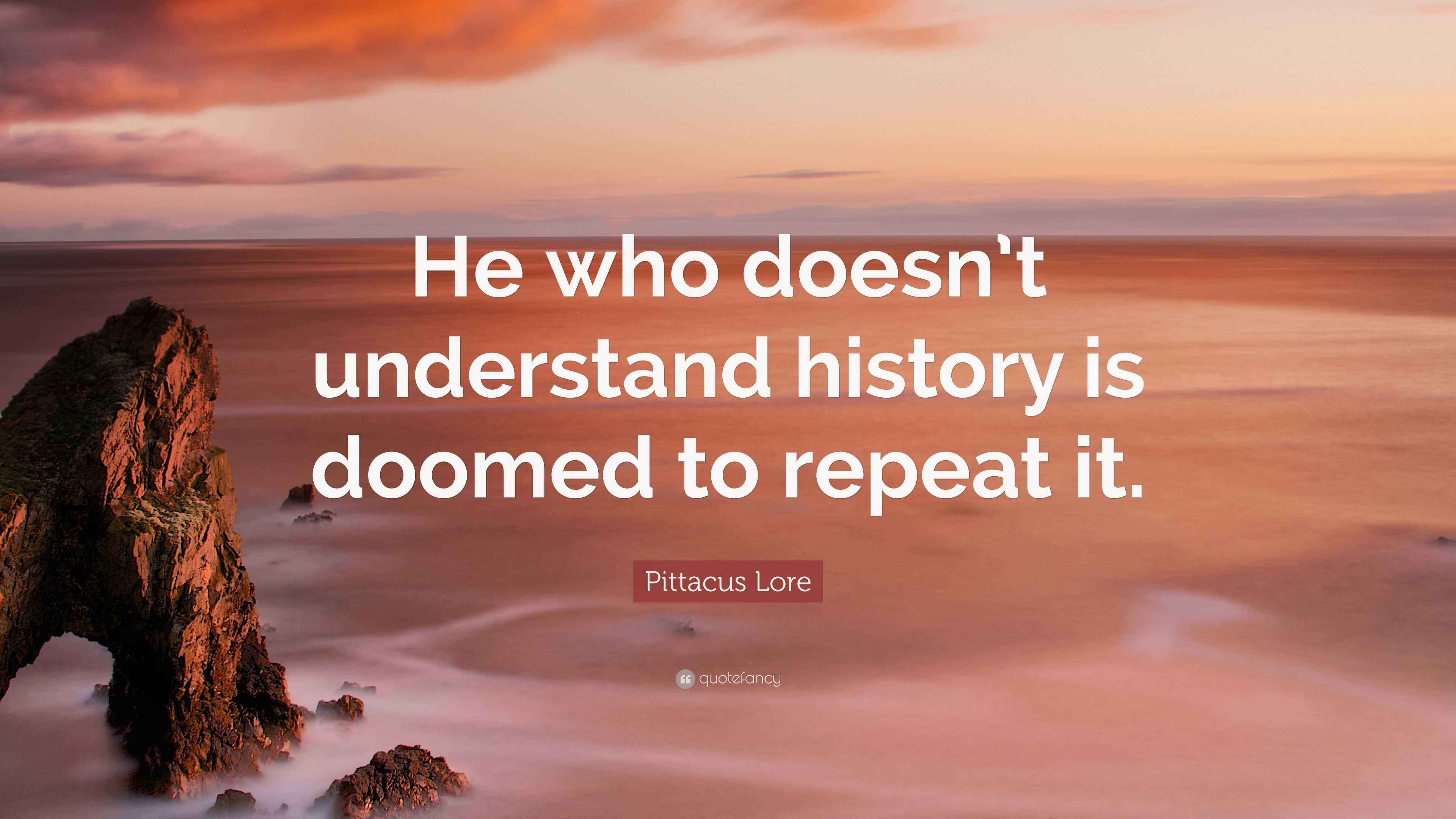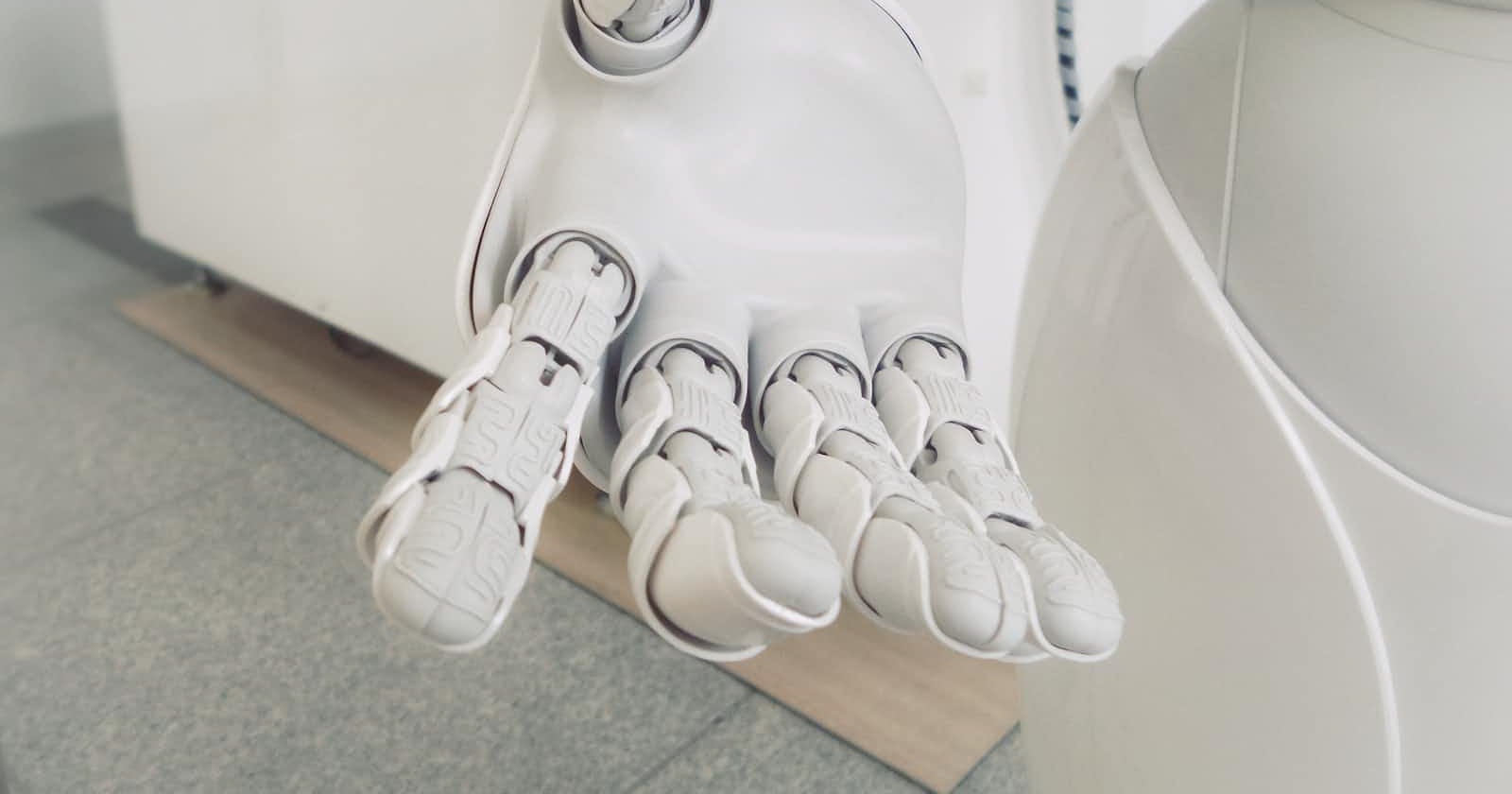Table of contents
Welcome back!
Can you believe half of the year has passed already?
We're now starting the 2nd semester. That's so crazy.
Before this month ends though, I'm here to deliver the corresponding post.
This is something I felt the need to tell you and do so before the opportunity goes away and it becomes too late.
So yeah, let's get on with it.

To use it or not to use it
By this point is already evident that AI is a tool that can greatly enhance our current workflow whatever it is that we work on.
And is there to either help some of us to become more efficient as well as to disrupt the standard way of working of others.
So, I'm just going to say it.
The big opportunity now is not in using AI to become much more productive, doing more and better work in less time. (Although that's great in itself.)
Look at all those products out there that make it easy to create a chatbot based on collected data.
There are no less than 10 options that target the same or similar problem. The problem is training an AI model on a specific set of data with no knowledge about AI or machine learning.
Several use cases can come from that activity, like having a 24/7 customer service agent, an interactive FAQ bot, or an up-to-date assistant for a company's policies to name a few.
All those use cases are now possible thanks to one of those "train a chatbot on your data" types of products.
Although this is just one example of this opportunity happening out there "in the wild".
It's not exclusive to AI though. I've seen this happening in previous years as well.
Due to my developer background working specifically with user interfaces, the big bonanza was not in building complex and powerful systems that can do great work.
Instead, it was taking all of that power and making it approachable and easy to use for the regular person who knew nothing about it.
Even when the change is not building a UI around the technology but improving the existing one so that it has a much better user experience.
If you think about it, this all makes sense intuitively. Who were the ones that profited the most during the California gold rush?
The ones who moved there in hopes of striking gold? Or the ones who set up shop and sold the picks and shovels to the folks who were arriving?

Yeah, exactly.
If you want another non-AI related example of this...
Here it is.
Blockchain.
As revolutionary and useful that technology could be on itself (which it was). The real value was in making the systems that support it easier to understand for a non-technical user so that they could mine the gold from it (pun intended).
And so, when that technology solves its conflicts and pain points in terms of usability, it has a higher chance of increasing end-user adoption & going mainstream.
If you're now thinking that those who worked on solving usability issues and improving the functionality of ledgers and wallets were the ones with better gains...
You'd be right.
Unfortunately, that technology got super hyped up and touted as the next revolution of the century.
And instead of being about decentralized access, self-sovereignty, and empowering the user, it became a ripe field for scammy marketers and short-sighted people.
Those who moved in with the hopes of making a "quick buck" selling overinflated promises with terms like "cryptocurrencies", "web3", "non-custodial wallets", etc.
But that's a different story for another time.
What's important here is that history is cyclical and keeps repeating itself every so often.
And is important to have at least a basic understanding of it because...

As a technology, AI is still in its infancy.
Back in November of the past year, you'd be hard-pressed to find someone who was making good use of AI, let alone someone that understood what it was in the first place.
It went from a super "niche" tool talked about in tech circles to a groundbreaking technology that has changed everything this year with the release of the "way too popular" ChatGPT.
This AI chatbot broke records in being the fastest in reaching 1 million active users. And then 100 million active users by January 2023.
So as you can see, a technology might be "game-changing" but it only gets to that level when it can be easily used by the general public.
GPT-3 already existed and was mind-blowing on its own. But to have access to it and use it properly you would have to...
- Go to a particular page on the OpenAI site.
- Read some docs to know how to use the different parameters.
- Write your input in the form of statements.
- Play around with the size of tokens in the response.
- And so on.
You see where I'm going with this.
It only achieved virality once an "Average Joe" could land on the website, type a question in an input box, press enter, and get a response from the tool.
(Like you can't make an easier & more foolproof user experience.)
Due to that "smash hit", OpenAI became the leading company developing AI models. It's not the only one (and probably not the best one) but the market cares about results and value more than anything else.
And that led to a multibillion-dollar partnership with Microsoft to use that technology in the new Bing.
Now, here's where you can come in and use that knowledge for your benefit.
Your chance is here
As useful and user-friendly as ChatGPT looks at first, it is still quite cumbersome to use. And that's where the first opportunity came out.
To improve the UI/UX of the tool for consistent use. There are already other options out there that do this. Some that help to organize prompts & data, and extend the functionality and features of the original one.
But it's not only about improving what's already there. It is also about grouping other AI models in a convenient way to access them.
Or combine that with the ability to create specialized bots and discover others in one common place.
Or like I said before, the example of training a chatbot with an organization/company data.
Or use something like the ChatGPT API to create browser extensions, plugins for existing apps (like text processors), desktop and mobile apps, etc.
You can even use no-code to get started building something that can help other non-technical and less tech-inclined folks, make their bots or assistants for work or everyday tasks.
You are now not only building a product they can use but rather empowering them so that they can explore their curiosity and create their tools. (You know, kind of like a personal JARVIS of sorts.)
This is a more "meta" use of AI but I truly believe this is the next step. And this is where your next breakthrough with AI resides.
Not just using AI for yourself but helping a greater amount of people to be able to use it for their own needs.
Conclusion
There you have it friend.
The opportunity is out there. You can either use AI for your own benefit and to have improved productivity gains.
Or find ways in which you can make it easier for folks to access what they normally wouldn't have access to due to knowledge and technical limitations.
Both paths are good options, although one has more outsized results than the other one.
In a way, you're not only using a tool to help you with your work. But also, can make the tool easier to use for others.
That's part of the process of innovation and building products to bring to the market.
Now, what's left is for you to take action, choose one option, and go ahead and make your mark out there.
Thanks for reading so far!
Take care and I'll see you next month.



